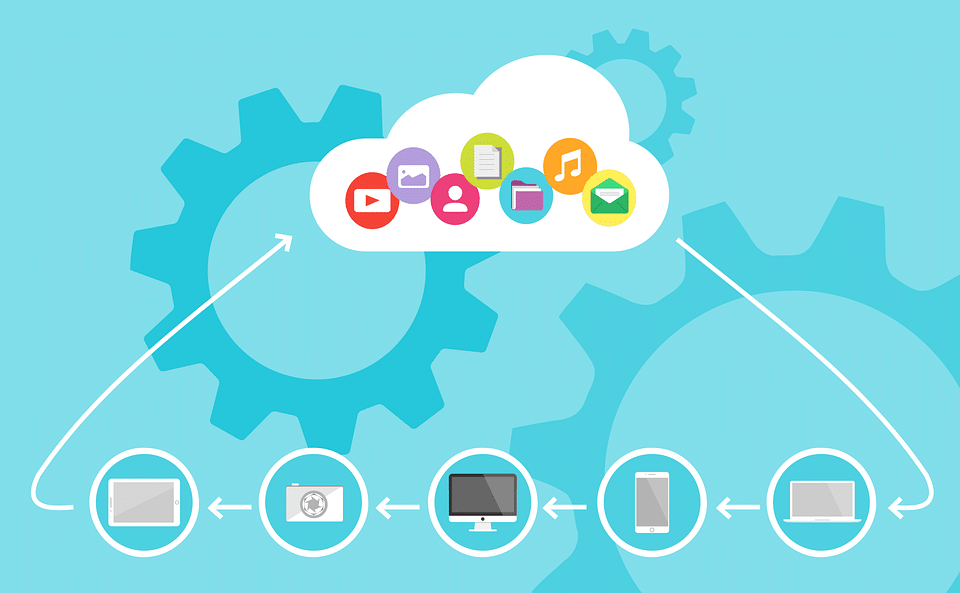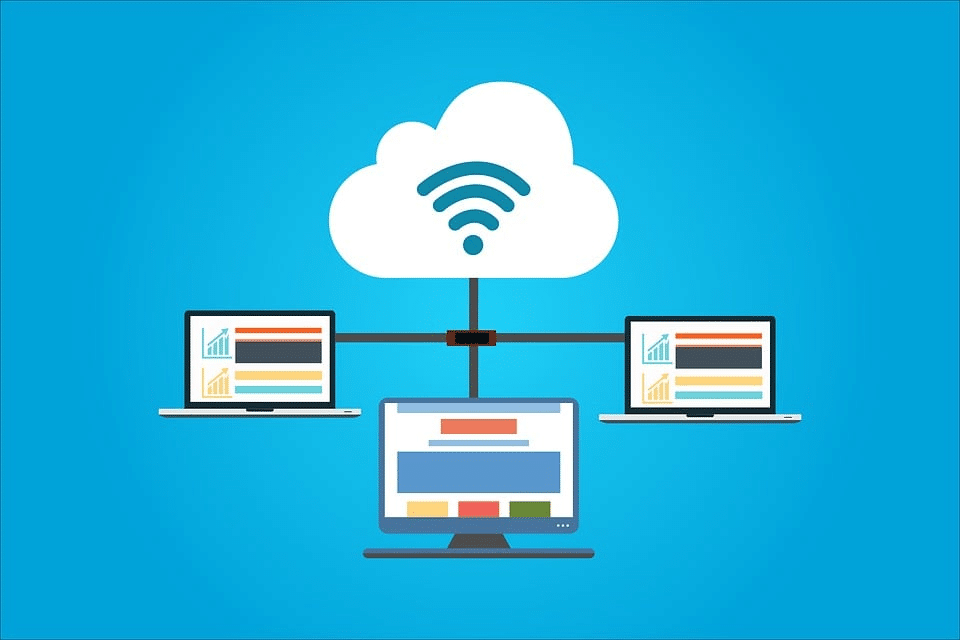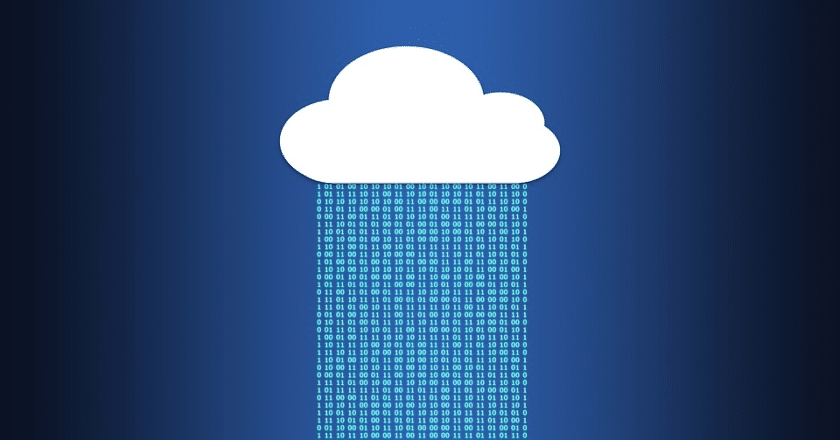Cloud computing has replaced the need for costly hardware and complex IT infrastructures. It enables businesses to store, organize, retrieve, and share data over the Internet. This IT resource has become essential for most companies in this competitive digital age, allowing teams to collaborate, network, and become more productive.
However, the Internet is full of cyber traps waiting for you to click on the wrong link or download an infected file. Businesses must be vigilant of cloud computing security risks to protect their sensitive data.
Here are some risks associated with cloud computing security and what businesses can do to avoid them.
Data Theft
One of the most common cloud computing security risks is data theft and loss due to data breaches. Data security in cloud computing is vulnerable to cyber-attacks. Storing data on a cloud means keeping it on the Internet, which makes it vulnerable to hackers who can hack into the cloud system to gain unauthorized access. Losing invaluable data can result in financial loss, losing customers, and even lawsuits.
Therefore, you should find a reliable and professional cloud computing service to build a secure infrastructure for your business. You can also use strong passwords, two-factor authentication, and data encryption to protect confidential information.
Malware Infections
Malware infection is a cloud environment infected with viruses through phishing emails, link manipulation, or unsecured endpoints. The virus that infects a cloud environment can spread through the system and cause damage and data loss.
To prevent this, you must ensure your cloud computing system has powerful anti-malware protection. You can also train your employees to recognize phishing emails and infected links and implement strict endpoint security policies.
Account Hacking
Cloud computing security risks also pose a substantial risk of account hacking. A hacker who gains access to a company’s cloud account has the potential to obtain invaluable data, corrupt crucial systems, and do irreparable damage to a company’s reputation.
To save your business from hackers, you must employ authentication and access control methods, such as multi-factor authentication and least privilege access, to reduce the risk of account hacking. Monitor your cloud regularly to notice any strange activity on the cloud and take immediate action if needed.
Insider Threats
Insider threats are threats from those who have access to a cloud environment. It occurs when an employee with access to sensitive data misuses it, intentionally or unintentionally. It can result in significant financial and reputational damage to businesses, and detecting them can be challenging.
As a business, you should only provide access to your cloud environment to reliable and trustworthy employees. You must also implement strict access controls and regularly monitor user activity.

If you’re looking for cloud migration and virtual hosting solutions for your company, contact Iviry now. We provide data security in cloud computing services for businesses to scale their operations seamlessly. Book an appointment now to get more information.




